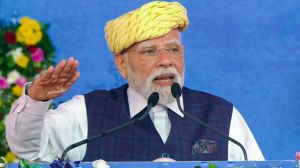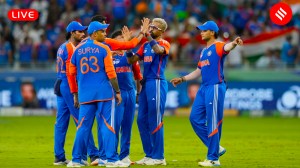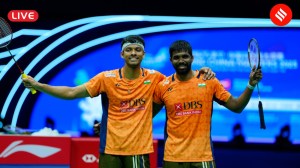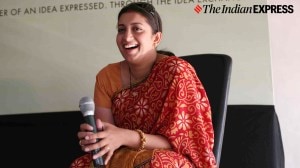EC to meet parties on state funding for polls
Whether it is the number of loudspeakers the candidates get, free telephone lines they can install or what refreshment and food packets are ...

Whether it is the number of loudspeakers the candidates get, free telephone lines they can install or what refreshment and food packets are going to be given to the counting agents, the Election Commission will discuss it all, threadbare, with representatives of 50 recognised political parties before it initiates state funding of elections.
The issue at stake—how to reduce money power and attendant corruption in the Indian elections—may be a rather solemn one, but when the Election Commission gets down to the task of evolving a ‘‘consensus’’ among political parties on the proposals made by the Union Cabinet on December 22 it would be discussing every detail of poll expenditure.
After consulting the recognised political parties, including the six national parties—the Congress, the BJP, BSP, CPI, CPI(M) and NCP—and 44 state parties on Wednesday, the Commission is expected to prepare its own recommendations which it will send to the Cabinet and later to Parliament for an amendment.
As recommended by the Manmohan Singh Cabinet which will be discussed, recognised political parties are to given ‘‘suitable rent-free accommodation for its headquarters’’, ‘‘one rent-fress telephone with STD facility with a specified number of telephone calls over and above the free calls permitted to any subscriber’’. They parties would also have to decide ‘‘on the amount of time to be distributed on private cable television network and electronic media’’.
As for the candidates, the government proposes to shell out funds for specified quantities of petrol/diesel, paper for printing, postal stamps of a certain specified amount and loudspeakers.
On the day of polls, some minimum arrangements may be made for the candidates’ camps at each polling station, including supply of refreshments and food packets to counting agents.
Over and above the constitutional responsibility of holding elections, the EC would have to work out the scheme of distribution of the above items to parties and candidates.
Photos



- 01
- 02
- 03
- 04
- 05




























